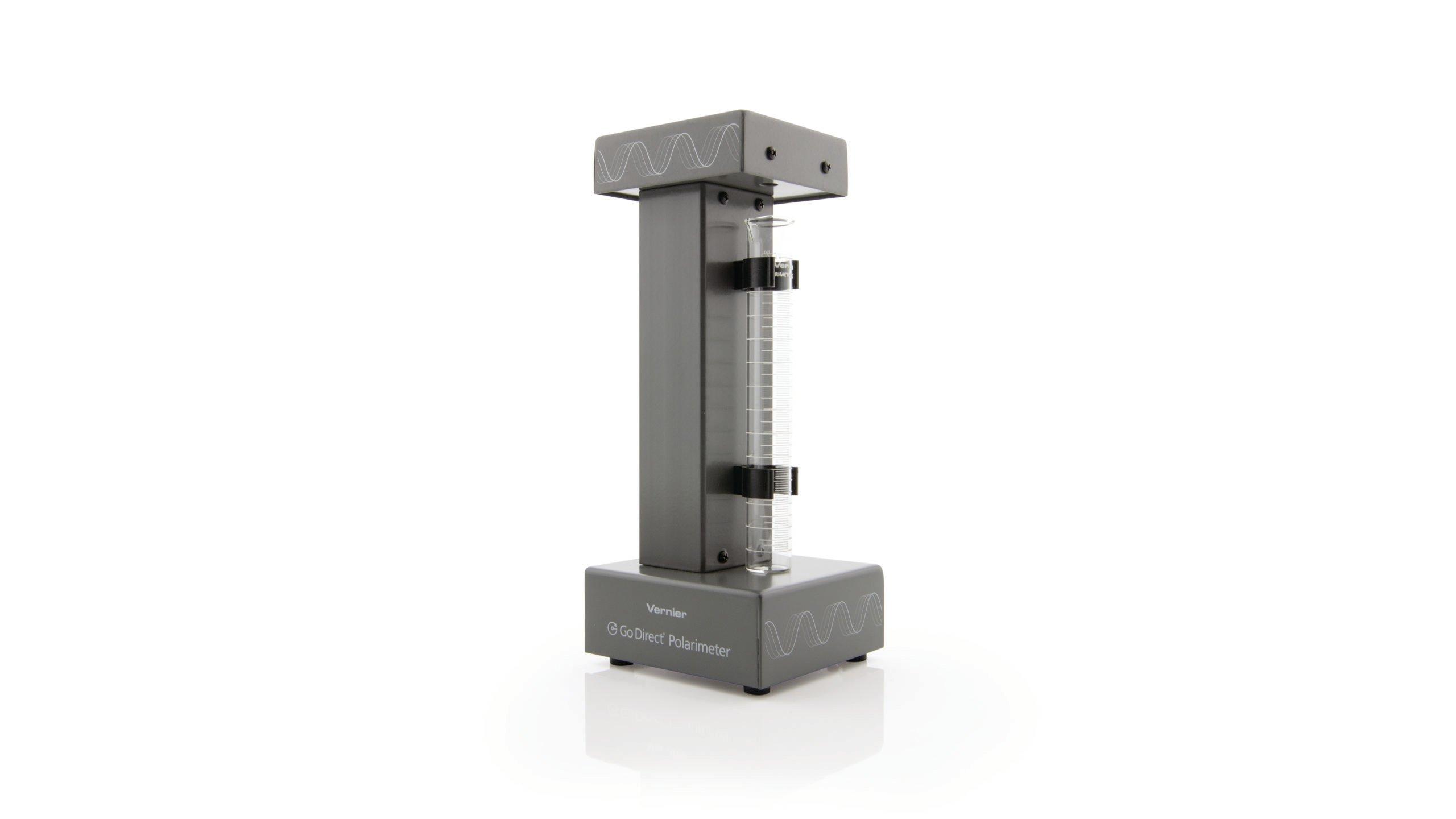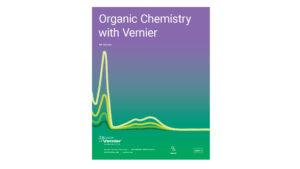Identification of Organic Unknowns Using Polarimetry
Experiment #7 from Organic Chemistry with Vernier
- Education Level
- College
Introduction
Polarimetry is a common device for distinguishing between optically active stereoisomers, i.e., enantiomers. This makes it a very important instrument in organic chemistry because the optical rotation of a molecule can dictate what reactions it will undergo. This is true for most chiral molecules, including organic, inorganic, and biological compounds. An enantiomer will consistently have the same specific rotation under identical experimental conditions. To determine the specific rotation of the sample, use Biot’s law:
where α is the observed optical rotation in units of degrees, [α] is the specific rotation in units of degrees (the formal unit for specific rotation is degrees dm-1 mL g-1, but scientific literature uses just degrees), ℓ is the length of the cell in units of dm, and c is the sample concentration in units of grams per milliliter.
In the following procedure, you will investigate the differences between different optical isomers of sugars, amino acids, and natural products using polarimetry.
Objectives
In this experiment, you will
- Calculate the specific rotation of sugars, amino acids, and natural products using a Polarimeter.
- Identify an unknown compound based on specific rotation.
Sensors and Equipment
This experiment features the following sensors and equipment. Additional equipment may be required.
Option 1

Option 2

Ready to Experiment?
Ask an Expert
Get answers to your questions about how to teach this experiment with our support team.
- Call toll-free: 888-837-6437
- Chat with Us
- Email support@vernier.com
Purchase the Lab Book
This experiment is #7 of Organic Chemistry with Vernier. The experiment in the book includes student instructions as well as instructor information for set up, helpful hints, and sample graphs and data.

